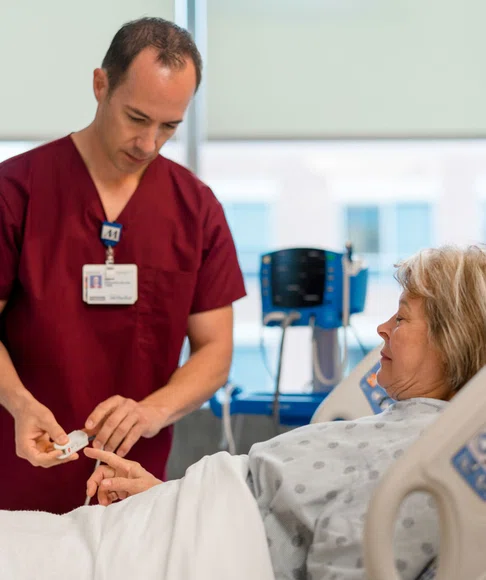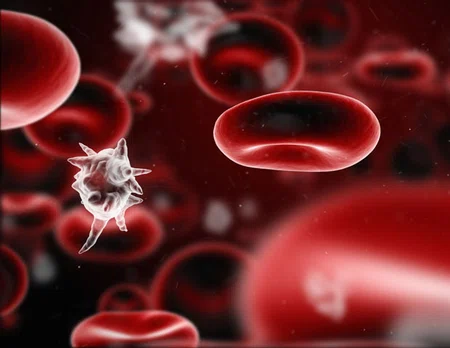

FROM OUR TEAMS
The PCA's Role in Changing Patient Conditions
By LaToya C. Clower, MSN, RN, CVRN-BC
By LaToya C. Clower, MSN, RN, CVRN-BC
2 MIN READ


The ability of nursing staff to recognize changes in a patient's condition remains vital in the healthcare setting. From critical care to acute care, the primary role of the nurse for every patient is to treat the response to illness, observe and monitor the response to medical treatment, and maintain the ability to recognize and acknowledge any noticeable signs of deterioration. However, the Patient Care Assistant (PCA) plays a unique and vital role in information-sharing behaviors with the bedside nurse (Saiki et al., 2020).
As a patient's condition changes, the PCA has a dynamic role in the crucial observation of recognizing subtle changes. Knowing a patient's baseline is a great starting point. Specifically, this refers to recognizing any negative changes in the patient's baseline vital signs, behavior, mobility, or even mental status changes. Vitals signs including blood pressure, heart rate, temperature and respiratory rate all play a significant role when monitoring a patient for hemodynamic stability. Early detection of noticeable changes, and immediate reporting of those observations to the nurse, will ensure that the appropriate interventions are taken and often prevent further deterioration and potential fatality of patients (Saiki, et al. 2020).
As PCAs are empowered to report changes in a patient's condition to the nurse, utilizing closed-loop communication for abnormal observations remains key. The PCA must be prompt, direct and specific, avoiding any delays in communication. Overall, this will improve patient outcomes, enhance communication, and help to save the lives of many patients (Saiki et al., 2020).
Reference:
Related Articles

FROM OUR TEAMS
Changing Patient Conditions: Your Role as a UAA

PRACTICE
De-Escalating Sepsis
Contact us at CNREPHelp@houstonmethodist.org
Questions or comments?
© 2022. Houston Methodist, Houston, TX. All rights reserved.










